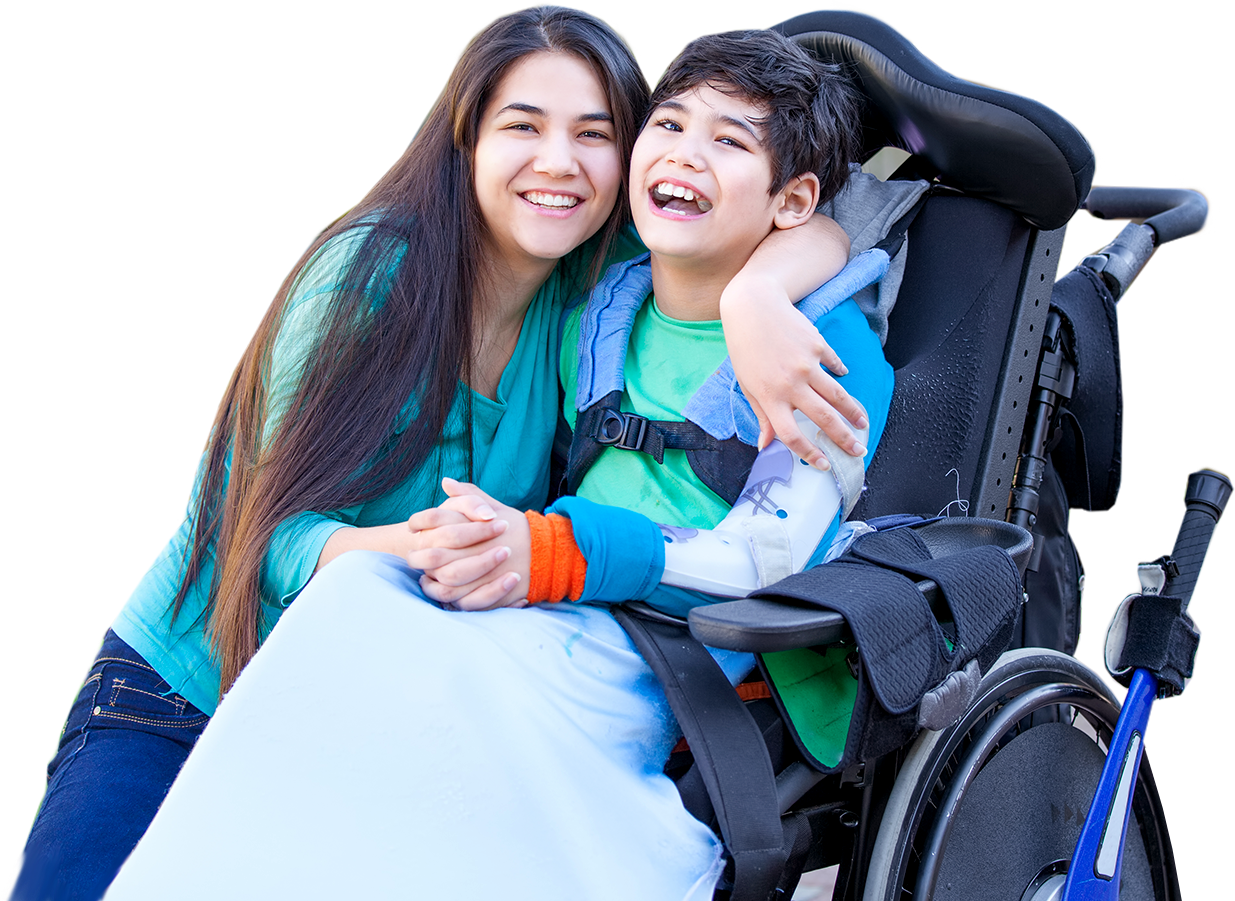Associated Conditions
hearing loss, vision impairment, etc

- Alternative
- Assistive Technology
- Associated Conditions
- Birth Injury
- Causes of Cerebral Palsy
- Cerebral Palsy Diagnosis
- Cerebral Palsy Information
- Cerebral Palsy Therapies
- Cerebral Palsy Treatments
- Child Development
- Doctor Visits
- Education
- Equipment
- Featured
- Legal Help
- Medical Research
- News
- Patient Care
- Prenatal Care and Childbirth
- Stories
- Tips for Parents
- Types of Cerebral Palsy
- Updates
Posts in 'Associated Conditions'
What Are the Effects of Brain Hypoxia in Newborns?
Hypoxia is what happens when a baby suffers insufficient oxygen before or during birth. The insufficiency can be due to lack of adequate oxygen in the blood delivered to the baby through the umbilical cord or due to interruption of the blood flow, either intermittently or totally. This type of brain damage from hypoxia is... Read More
What Are the Long-Term Effects of Severe HIE?
If your baby did not receive enough oxygen during birth or even during fetal development, you may be starting to wonder about the long-term effects of severe hypoxic-ischemic encephalopathy—HIE for short—and what that means for your child’s future and quality of life. While HIE complications can be significant and challenging, families should know there are... Read More
How Can Hypoxic Brain Injury in Newborns Be Prevented?
Hypoxic ischemic encephalopathy, or HIE, is a brain injury caused by a lack of oxygen. Infants are susceptible to hypoxic ischemic brain injury due to the many opportunities for oxygen and blood deprivation to the brain during gestation, labor, and birth. Prevention is key when it comes to HIE, meaning that medical professionals must do... Read More
What Is the Prognosis for HIE Related to a Difficult Birth?
Hypoxic ischemic encephalopathy (HIE) caused by a difficult birth can have serious long-term consequences. The prognosis for children with HIE can vary, depending on several factors. Read on to learn more about HIE, typical prognosis, treatments, and what to do if your child’s injury could have been prevented. What is HIE? HIE can be the... Read More
Hypertonia and Cerebral Palsy
Hypertonia in cerebral palsy is characterized by involuntary movements that are writhing, slow, and continuous. These involuntary muscle contractions tend to be less noticeable or stop altogether when the body is relaxed and more noticeable or even severe when attempting voluntary movements. Hypertonic cerebral palsy is one of several types of cerebral palsy. What Is... Read More
Poor Judgment / Judgment Issues and Cerebral Palsy
Cognition refers to the ability to use your intellectual capacity to learn, perceive, and reason with others. When an individual suffers from cognitive impairment, they may find it difficult to perceive and understand reality, judge certain situations, and communicate effectively with others. As a result, it may be more challenging to build relationships and achieve... Read More
Constipation and Cerebral Palsy
Some children with cerebral palsy are susceptible to an array of digestive problems, one of which is constipation. Constipation is a relatively common symptom of the condition. It may be a minor ailment that goes away on its own, or it could develop into a chronic health issue. It’s important for parents and caregivers of... Read More
Dystonia and Cerebral Palsy
Dystonia in cerebral palsy causes twisting and repetitive involuntary muscle contractions that are often painful and interfere with regular movement, posture, sleep, and normal daily activities. Dystonic cerebral palsy is one of several types of CP and is a subcategory of dyskinetic cerebral palsy. What Is Dystonia in Cerebral Palsy? When the basal ganglia area... Read More
Hypotonia – Floppy Infant Syndrome
By The CP Family Network Children who are born with or develop cerebral palsy may also manifest a condition known as hypotonia, or low muscle tone (the amount of tension or resistance to movement in a muscle). The condition is also known as “floppy infant syndrome” or “infantile hypotonia.” Individuals with this diagnosis are said... Read More
